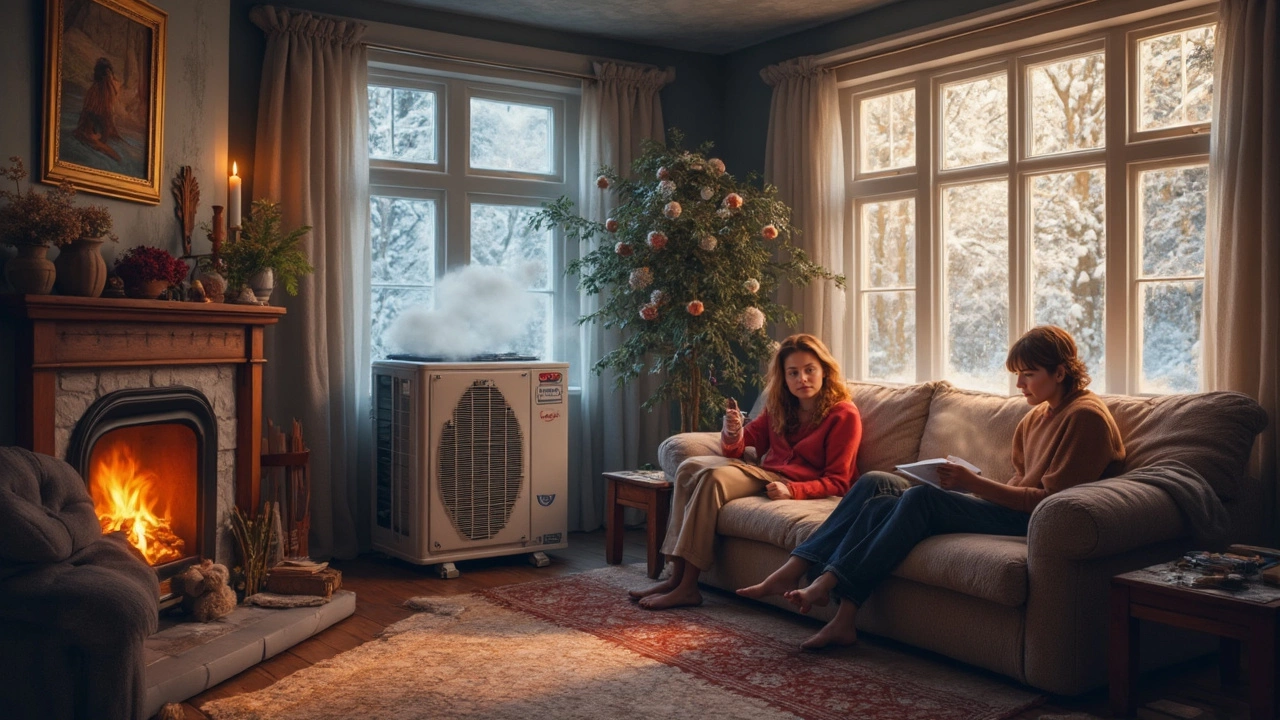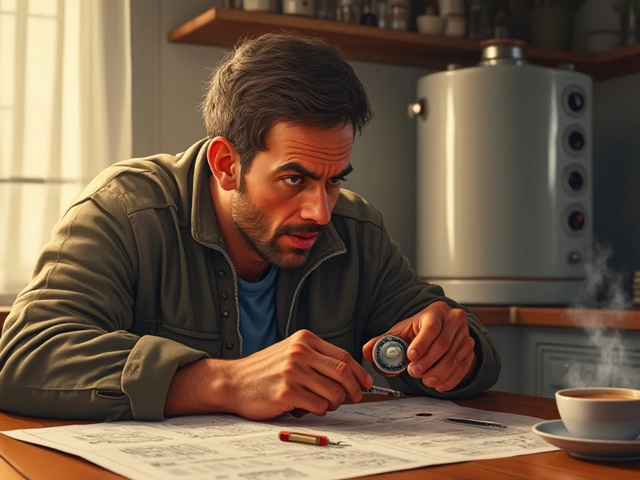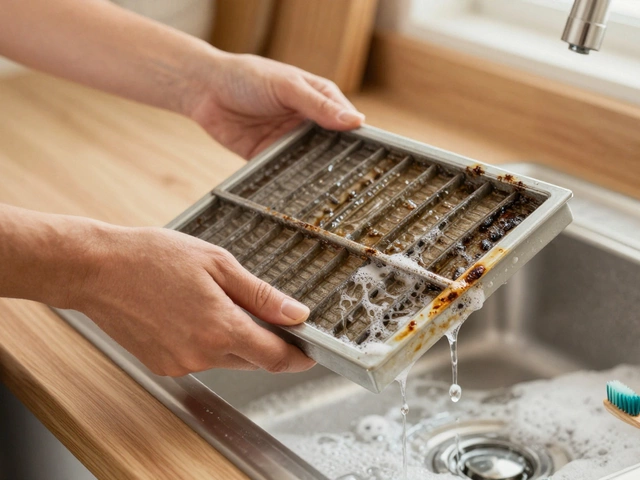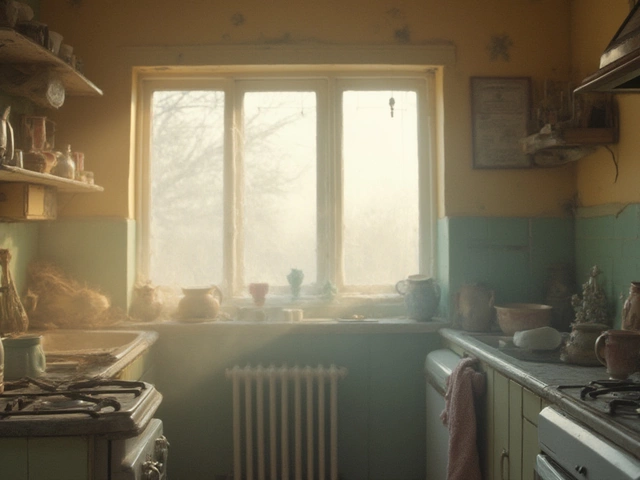Troubleshoot and Fix a Water Heater Delivering Cold Water
January 31 2025Heat Pump Guide: When to Repair, Replace, and Save Money
Heat pumps keep your home warm in winter and cool in summer, but they don’t last forever. If yours starts acting up, you’ll want to know whether a quick fix will do or if it’s time for a new unit. This guide gives you practical signs to watch, easy maintenance tips, and a clear look at repair versus replacement.
How to Spot a Bad Heat Pump
First, pay attention to the temperature. If rooms stay cold even though the thermostat says it’s on, the pump may be losing efficiency. Unusual noises – rattling, squealing, or a loud buzzing – often mean a motor or fan issue. Check the outdoor unit for ice buildup; a thin layer of frost can be normal, but thick ice shows a problem with airflow or refrigerant.
Next, look at your energy bills. A sudden spike usually points to a struggling pump. Finally, test the airflow inside. Weak airflow from vents suggests a clogged filter, a blocked duct, or a failing blower. Catching these signs early can prevent bigger, costlier repairs.
Repair vs Replace: What Makes Sense
When your heat pump shows trouble, weigh the age and condition. Most pumps last 10‑15 years with regular care. If yours is under eight years and the fault is minor – like a dirty filter, a loose wire, or a failing thermostat – a repair is often the cheapest route.
But if you’re hitting the 12‑year mark, the parts start wearing out, and the price of a major fix can approach the cost of a new unit. New models are also more energy‑efficient, which can lower your bills and qualify for government incentives.
Ask your engineer for a written quote that breaks down parts, labor, and expected lifespan after the repair. Compare that number to the price of a fresh, high‑efficiency heat pump. If the repair cost is more than half the price of a new system, replacement usually makes more sense.Regardless of the choice, regular maintenance keeps costs down. Clean or replace filters every three months, clear debris around the outdoor coil, and schedule a professional check‑up once a year. A quick service can catch leaks, check refrigerant levels, and tighten loose connections before they turn into expensive breakdowns.
Bottom line: watch for temperature loss, strange sounds, high bills, and weak airflow. If your pump is young and the issue is small, repair it. If it’s old or the fix is pricey, replace it with a newer, greener model. Keep up with basic maintenance and you’ll get reliable comfort year after year.
 5 Feb
5 Feb
Understanding Heat Pump Problems: Common Issues
Heat pumps are efficient, but like any other system, they can run into problems from time to time. In this article, we explore the most common issues people face with their heat pumps, from frozen coils to malfunctioning thermostats. Armed with useful tips, you'll be better prepared to identify and address these problems. Don't let a broken heat pump leave you in the cold—find out how to keep it in top working condition.
Read More...



